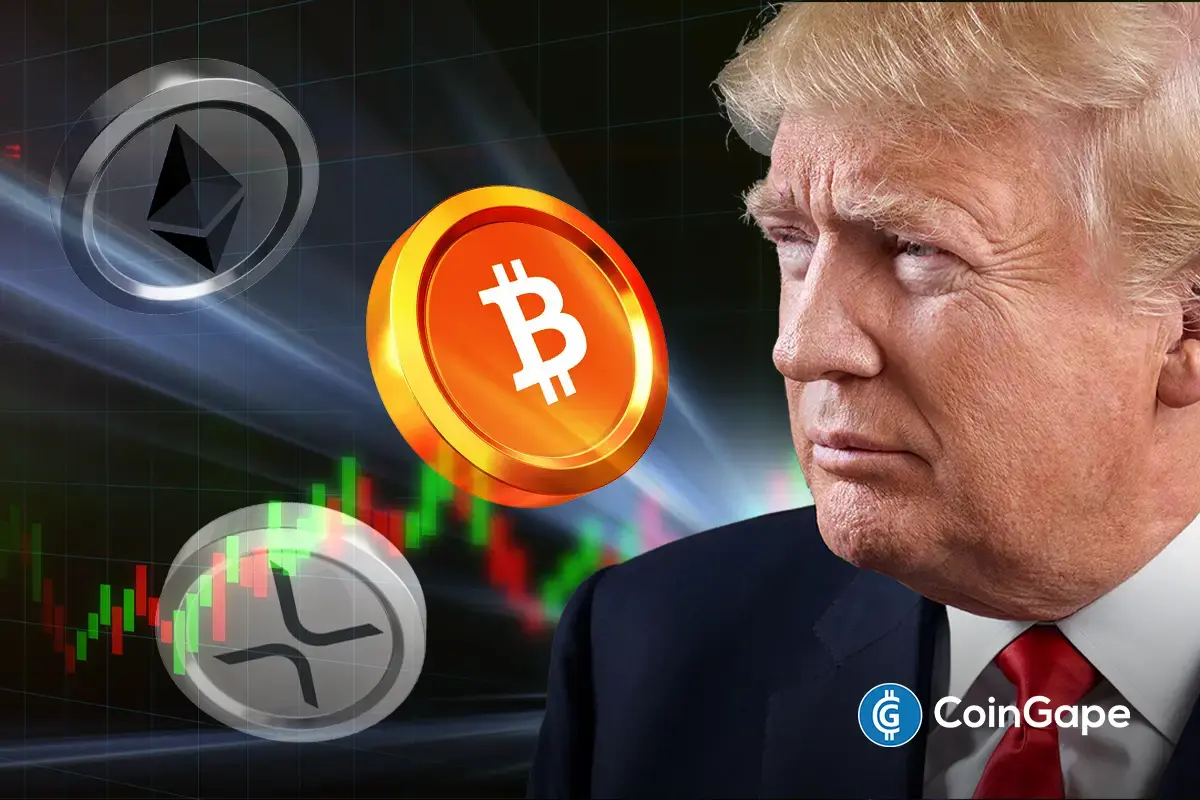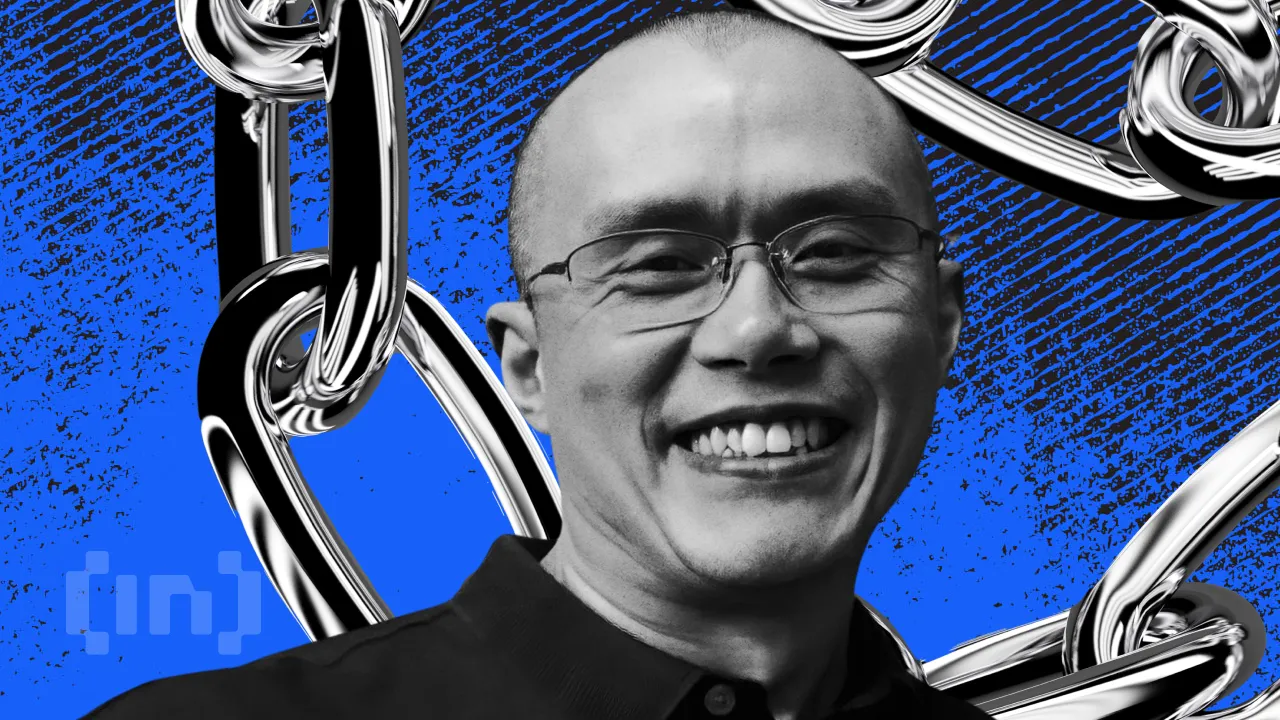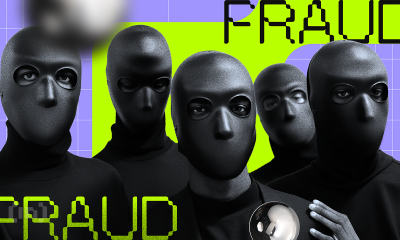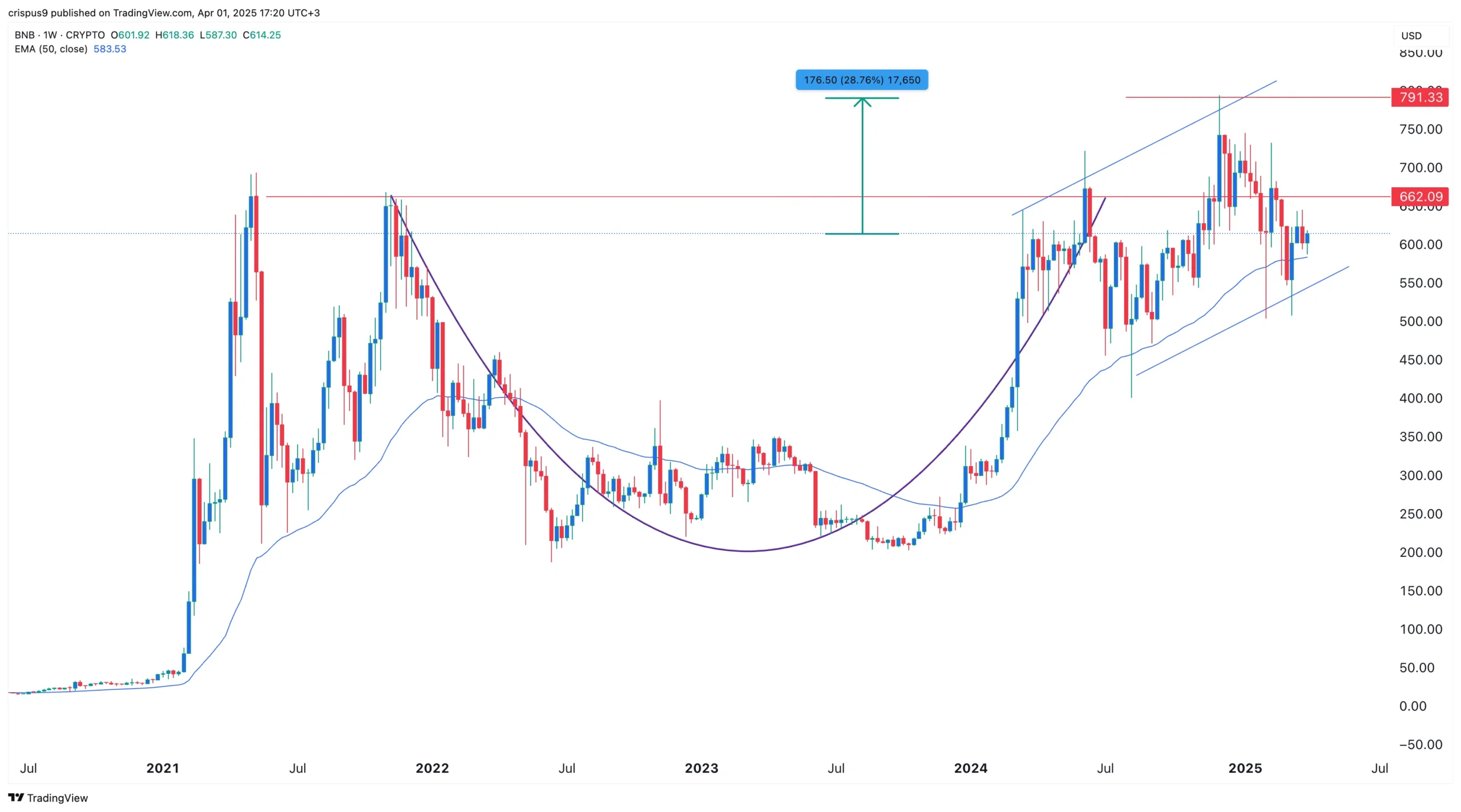Regulation
Japan’s Top Finance Regulator Turns Cautious On Bitcoin ETF Approvals

Japan’s top finance regulator expressed skepticism about following the lead of countries like the United States, Hong Kong, and the United Kingdom in green-lighting Bitcoin ETFs. This signals Japan’s cautious approach to balancing financial innovation with investor protection.
FSA Commissioner’s Cautious Approach on Bitcoin ETF Approval
According to report by Bloomberg, Hideki Ito has signaled a cautious approach to approving Bitcoin ETFs in the country. As the Commissioner of the Financial Services Agency (FSA), Ito emphasized the need for reconsidering before following in the footsteps of nations like the United States, Hong Kong, Australia, and the United Kingdom, which have recently given the green light to such investment products.
Ito’s stance is rooted in concerns about the long-term value of cryptocurrencies for Japanese investors. He noted that many people believe cryptoassets “do not necessarily contribute to the wealth creation of the Japanese people in a stable and long-term manner.” This perspective comes at a time when other countries are warming up to Bitcoin ETFs, with the US Securities and Exchange Commission reluctantly approving the first spot Bitcoin ETFs in January 2024.
Despite the global trend towards acceptance, Ito highlighted that some nations maintain a more conservative approach to crypto investments for retail investors. This cautious outlook is particularly relevant given the recent volatility in the crypto market, with Bitcoin and Ether experiencing significant price drops in recent days.
The FSA, under Ito’s leadership, aims to strike a balance between innovation and investor protection. While maintaining a pro-technology stance, the agency is carefully weighing the implications of encouraging widespread public investment in crypto assets. This approach aligns with the FSA’s broader efforts to mobilize household assets for sustainable economic growth while ensuring that investment products are suitable for investors based on their knowledge and experience.
Their crypto industry has faced its share of challenges, including major hacks at exchanges like Mt. Gox and DMM Bitcoin. These incidents serve as a reminder of the potential risks in the crypto space and likely contribute to the regulator’s cautious approach.
Bank of Japan’s Monetary Policy and Market Reactions
In a related development, the BOJ’s deputy governor, Shinichi Uchida, clarified on Wednesday that the central bank will not raise interest rates amid uncertain market conditions. This statement contradicts last week’s hawkish comments by Central Bank Governor Kazuo Ueda, highlighting the complex monetary landscape in the country.
Uchida’s remarks had an immediate impact on financial markets, causing the Nikkei Index to surge by 5% on Wednesday. The positive effects of this announcement were also observed across crypto and stock markets, with Ethereum reportedly well-positioned for a potential significant recovery. These market reactions show the interconnectedness of traditional finance and the crypto sector, with the sensitivity of both to regulatory and monetary policy signals.
Also Read: Ethereum Price Recovery Likely as BOJ Softens Rate Hike Talk
Disclaimer: The presented content may include the personal opinion of the author and is subject to market condition. Do your market research before investing in cryptocurrencies. The author or the publication does not hold any responsibility for your personal financial loss.
Regulation
USDC Issuer Circle Set To File IPO In April, Here’s All

USDC issuer Circle is reportedly set to file its initial public offering (IPO) in April as part of the firm’s plans to finally go public. The stablecoin issuer is allegedly already working with top financial institutions to achieve this move.
Circle To File IPO In Late April
According to a Fortune report, Circle is looking to file its IPO in late April, although the listing period remains uncertain. The report noted that when a company files to go public, its shares usually begin trading four weeks later, indicating that the listing could occur in May. However, there is also a scenario where the IPO process could drag on for months.
The stablecoin issuer is reportedly working with investment banks JPMorgan Chase and Citi to achieve its long-anticipated IPO. The firm had previously tried to go public in 2021 under a SPAC arrangement with a shell company.
The US SEC failed to sign off on this arrangement back then, and the company eventually scrapped these IPO plans by the end of 2022 when the crypto exchange FTX collapsed and the broader crypto market experienced a downturn.
Revelation about Circle’s IPO plans comes just days after the stablecoin issuer partnered with NYSE’s parent company to explore USDC’s use in traditional finance (TradFi). Meanwhile, the USDC stablecoin recently launched in Japan following approval from the country’s regulator. Notably, USDC is the first and only global dollar stablecoin approved under Japan’s stablecoin framework.
An Easier Path Now For The Stablecoin Issuer
Circle will likely face less resistance for its IPO plans under the current SEC administration. Under acting Chair Mark Uyeda, the Commission has shown its willingness to work hand in hand with crypto firms, which was missing under Gary Gensler’s administration.
US SEC Chair nominee Paul Atkins has also shown his willingness to change the approach that Gensler’s administration adopted towards crypto firms. During his nomination hearing, the SEC Chair nominee promised to prioritize providing regulatory clarity for the industry.
Circle’s IPO listing would be the biggest since the top crypto exchange Coinbase went public in 2021. Interestingly, Coinbase owns an equity stake in the crypto firm.
The firm’s USDC is currently the second-largest stablecoin by market cap, only behind Tether’s USDT. The stablecoin industry is heating up as more financial institutions look to develop their own stablecoin.
Donald Trump’s World Liberty Financial recently revealed plans to launch its USD1 stablecoin, while asset manager Fidelity is also considering doing so.
Disclaimer: The presented content may include the personal opinion of the author and is subject to market condition. Do your market research before investing in cryptocurrencies. The author or the publication does not hold any responsibility for your personal financial loss.
Regulation
Japan Set To Classify Cryptocurrencies As Financial Products, Here’s All

Cryptocurrency investors in Japan are bracing for impact following a plan to reclassify digital assets as financial products. While the plan has elicited excitement from cryptocurrency enthusiasts in the Far East, the ambitious plan will have to scale several legislative hurdles.
Japan Targets Reclassification Of Cryptocurrencies As Financial Products
According to a report by Nikkei, Japan’s Financial Services Agency (FSA) is inching toward classifying cryptocurrencies as financial products. Per the report, the FSA intends to achieve the reclassification via an amendment to the Financial Instruments and Exchange Act.
Currently, digital assets in Japan are considered crypto assets conferred with property rights and seen as payment means. Under the FSA’s plans, cryptocurrencies in Japan will be treated as financial products in the same manner as traditional financial products.
The FSA says it will adopt a slow and steady approach toward the reclassification, carrying out “a private expert study group” to test the waters. If everything goes according to plan, the FSA will submit the amended bill to Parliament in early 2026.
The classification of cryptocurrencies as financial products will have far-reaching consequences for the local ecosystem. Experts say treating cryptocurrencies as financial products will bring Japan closer to a crypto ETF launch amid a changing regulatory landscape.
Furthermore, the move may lower current cryptocurrency taxation for local investors since existing capital market rules will apply to the asset class.
A Fresh Bill For Crypto Insider Trading Is Underway
Apart from the reclassification, the FSA disclosed plans for new legislation against insider trading. The move flows treating cryptocurrencies as financial products and will strengthen existing investor protection rules.
“It is a direction to establish a new insider trading regulation that prohibits trading based on unpublished internal information,” said the FSA. “We will develop laws to prevent unfair transactions.”
However, Japan’s cryptocurrency scene is heating up to a boil, driven by local and international players. Last week, stablecoin issuer Circle secured approval from the FSA for USDC with top exchanges set to list the stablecoin.
Japan’s Metaplanet has tapped Eric Trump to join its Strategic Board of Advisors as it continues to load up Bitcoin.
Disclaimer: The presented content may include the personal opinion of the author and is subject to market condition. Do your market research before investing in cryptocurrencies. The author or the publication does not hold any responsibility for your personal financial loss.
Regulation
Kentucky Governor Signs Off On ‘Bitcoin Rights’ Bill, Strengthening Crypto Protections


In what is being dubbed a major development in the crypto regulation space, the Governor of the US state of Kentucky, Andy Beshear, has signed the ‘Bitcoin Rights’ bill into law. The law promises to safeguard protections for Bitcoin (BTC) users.
Bitcoin Rights Bill Comes Into Effect
Crypto regulations continue to evolve under pro-crypto US President Donald Trump’s administration. In the latest development, Kentucky has become the newest state to enshrine protections for digital asset users.
In an X post published on March 24, crypto advocacy group Satoshi Action Fund announced that Governor Beshear had signed the much-anticipated Bitcoin Rights bill into law. The post stated:
The right to self-custody, run a node, and use of digital assets is now protected for millions of Americans without fear of discrimination.
The bill was first introduced to the Kentucky House by Rep. Adam Bowling on February 19. According to the bill’s description, it seeks to safeguard users’ rights to use digital assets and self-custody wallets. Additionally, it aims to prohibit local zoning changes that discriminate against crypto mining operations.
The legislation outlines guidelines for running a digital asset node and excludes digital asset mining from money transmitter license requirements. It also clarifies that crypto mining or staking is not considered an offer or sale of securities.
On February 28, the bill passed Kentucky’s House of Representatives with a unanimous vote of all 91 representatives in favor. It later passed the Kentucky Senate on March 13, receiving backing from all 37 senators.
Kentucky’s proactive stance toward cryptocurrencies isn’t new. Earlier this year, the state became the 16th US state to introduce legislation seeking to create a Bitcoin strategic reserve.
Meanwhile, neighboring state Arizona is also joining the crypto movement. A recent X post by Bitcoin Laws revealed that Arizona’s House Rules Committee has passed two Bitcoin reserve bills — SB1373 and SB1025. These bills will now head to a full floor vote.
Renewed Optimism Under Trump Administration
Following Trump’s victory in the November presidential election, cryptocurrency regulations in the US are evolving rapidly, with many states introducing legislation aimed at strengthening their digital asset ecosystems and attracting crypto businesses.
Positive changes in crypto regulations are encouraging industry businesses to expand. For instance, leading crypto trading platform Coinbase recently announced plans to hire 1,000 employees in the US.
The Trump administration has also witnessed several lawsuits being dropped against major crypto entities, including Kraken, Coinbase, Gemini, and others. At press time, Bitcoin trades at $87,399, down 0.2% in the past 24 hours.

Featured Image from Unsplash.com, chart from TradingView.com

Editorial Process for bitcoinist is centered on delivering thoroughly researched, accurate, and unbiased content. We uphold strict sourcing standards, and each page undergoes diligent review by our team of top technology experts and seasoned editors. This process ensures the integrity, relevance, and value of our content for our readers.
-

 Bitcoin19 hours ago
Bitcoin19 hours ago$500 Trillion Bitcoin? Saylor’s Bold Prediction Shakes the Market!
-

 Market21 hours ago
Market21 hours agoBitcoin Price Battles Key Hurdles—Is a Breakout Still Possible?
-

 Bitcoin20 hours ago
Bitcoin20 hours agoBig Bitcoin Buy Coming? Saylor Drops a Hint as Strategy Shifts
-

 Altcoin17 hours ago
Altcoin17 hours agoWill XRP, SOL, ADA Make the List?
-

 Market23 hours ago
Market23 hours agoXRP Bulls Fight Back—Is a Major Move Coming?
-

 Market22 hours ago
Market22 hours agoIs CZ’s April Fool’s Joke a Crypto Reality or Just Fun?
-

 Market20 hours ago
Market20 hours agoXRP Price Struggles as Whale Selling Rises To $2.3 Billion
-

 Market19 hours ago
Market19 hours agoFake Gemini Bankruptcy Emails Target Users






















✓ Share: